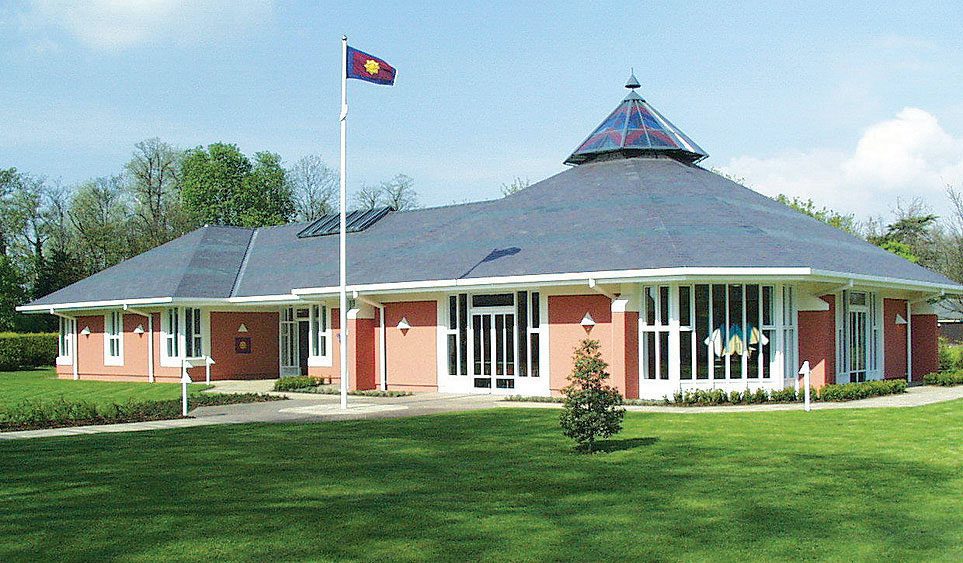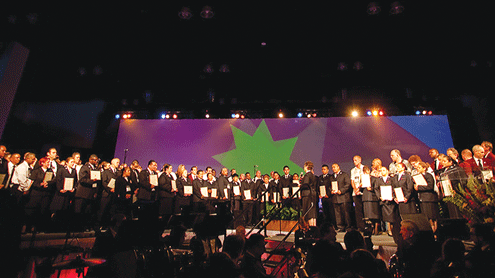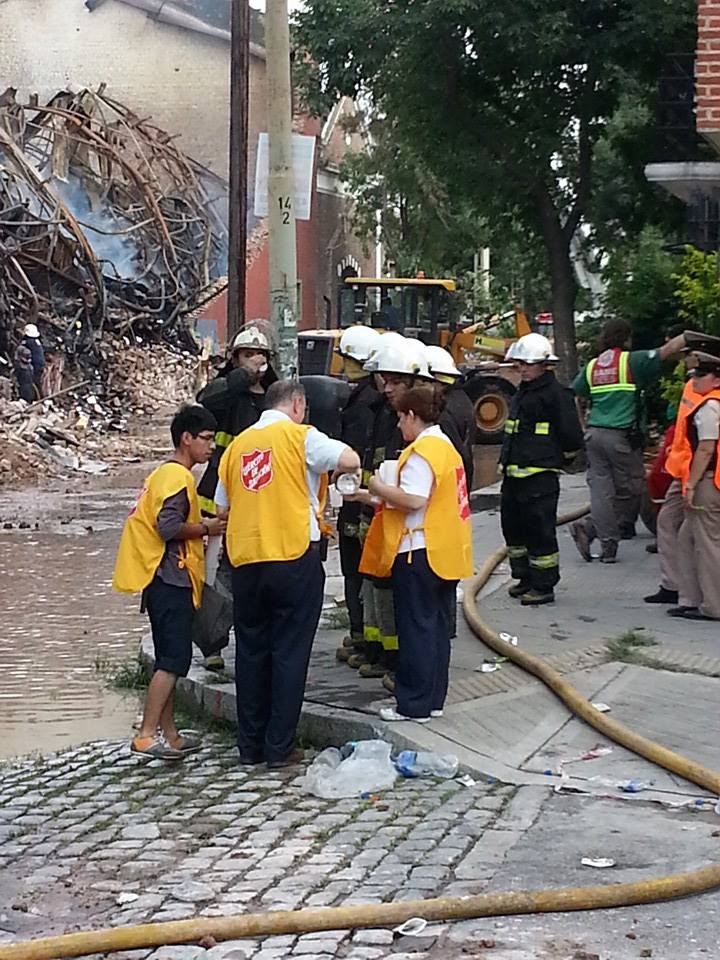How a Salvation Army General is chosen.
by General John Larsson (Ret.)
On Friday, Jan. 21, 2011, the High Council of The Salvation Army will meet at Sunbury Court, near London, England, to elect the Army’s next General. Membership of the High Council is comprised of all commissioners, all territorial commanders and, since February 2010, all territorial presidents of women’s ministries. The 2011 High Council, with 109 members, will therefore be the largest High Council to date and will also be the first to have more female members than male.

Usually eight or nine days after the High Council has begun its work, the cameras will zoom in on the closed door of the council chamber as Salvationists all around the world watch expectantly on the internet. When the door opens the Army family will catch the first glimpse of its new head.
Preliminaries
After electing a President to guide its deliberations, the first task of the High Council will be to establish the way it will work. The Council will review the Orders of Procedure used by the previous High Council, which distils into about 100 numbered paragraphs the accrued wisdom and experience of all past Councils. After reviewing the document and making any amendments it feels necessary, the 2011 High Council will formally adopt the revised version as its own Orders of Procedure.
A High Council is an exercise of spiritual discernment, and time is therefore set aside for worship, reflection and prayer. The collective prayer of the members will be that at the end of the process they might be able to echo the words of the Council of Jerusalem: “It seemed good to the Holy Spirit and to us…” (Acts 15:28 NIV).
Time is also set aside for discussions about the challenges and opportunities that the Army faces. Clarifying the issues the next General will have to grapple with helps to clarify the kind of leader the Army needs.
Nominations
The High Council then moves to the nomination stage. Every member has the privilege of nominating someone to be a candidate for General. The only criterion laid down is that the person nominated must be an officer. That means that about 17,000 persons are eligible to be nominated. But on past precedent the forthcoming High Council is likely to nominate persons from within its own membership.
When the unsigned nominations are counted, only those who have been nominated by three members or more are deemed to have been nominated. Those who accept nomination become candidates-—and it is from this panel of candidates that the High Council will be called to elect the next General.
At this stage, the High Council adjourns for a full day to enable the candidates and spouses to prepare written answers to the questionnaires that the Council has prepared. Candidates also work on their speeches.
Questions and speeches
When the Council begins its deliberations again, candidates and spouses read out their answers to the questions. Through the process of questions and answers the High Council seeks to get to know the candidates at greater depth, and to learn more about their leadership style, their personalities and their views on subjects related to the Army and its ministry.
Each candidate then gives a speech. No parameters regarding subject matter or length are laid down but speeches usually deal with the candidate’s vision for the Army if elected General and last between 10 to 15 minutes.
Election
When the questions and speeches have been completed the election begins. In the hush of the council chamber, each member in turn receives a voting paper from the President and enters a voting room to place a tick/check against one of the names on the paper before placing it in a ballot box. The other members engage in prayer. The process is unhurried and can take up to one hour for each ballot.
After the voting has been completed the tellers count the votes. The Salvation Army Act 1980—the Army’s legal constitution—stipulates: a) that in the first three ballots a candidate must get the vote of more than two thirds of the members present to be elected, b) that from the fourth ballot onwards a candidate need only receive the votes of more than half of the members present, and c) that the candidate who gets the fewest votes in each ballot must drop out until only two candidates remain. The balloting continues until one of the candidates reaches the required number of votes.
Closing moments
What happens next is of the greatest significance. However protracted the election process and however close the result, it is in the tradition of High Councils that the moment the new General is elected all members immediately give their full support to that person. Any differences of opinion there might have been before that time are swept away and the corporate decision of the body is accepted by all as the expression of the will of God.
Then comes the moment when the doors of the council chamber are thrown open and the President presents the General-elect to all who have gathered at Sunbury Court. Through the marvels of the worldwide web the rejoicings at Sunbury are shared by Salvationists around the globe. From every heart rises the cry: “May God bless the General-elect!”














